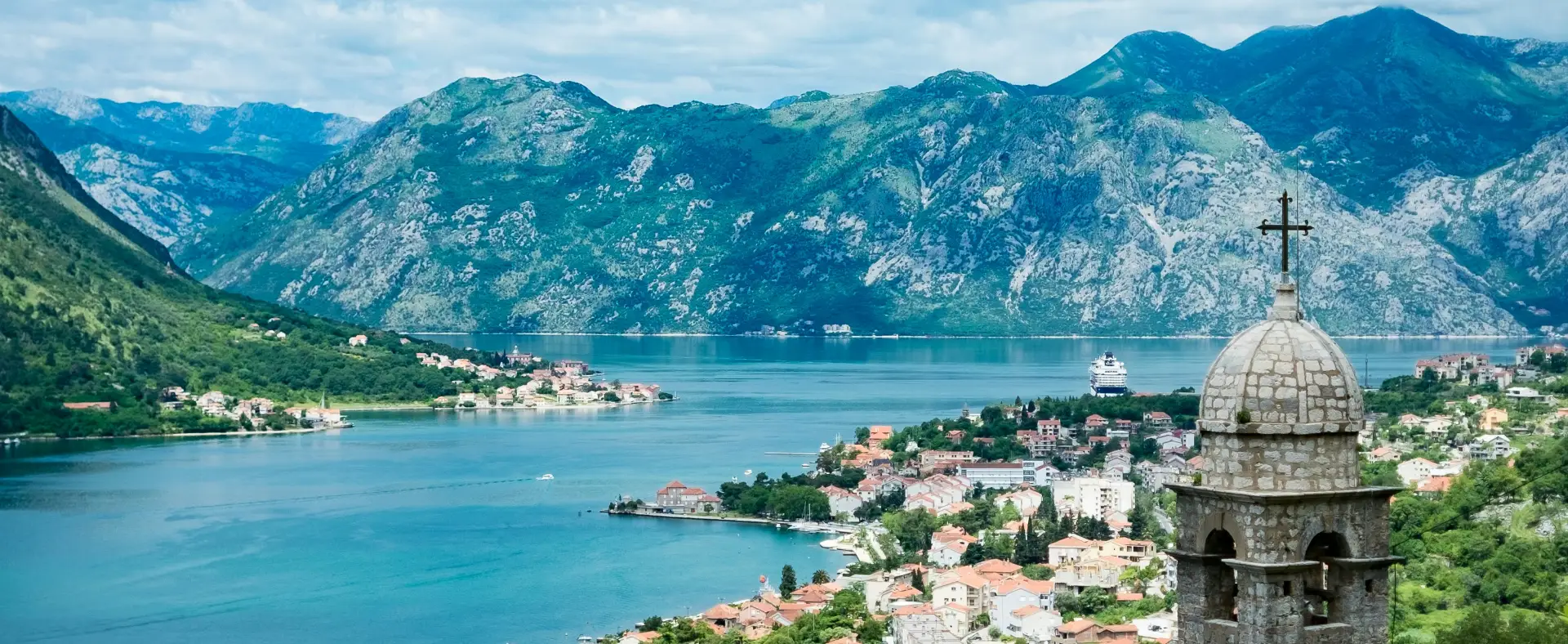Do you know where your domains are?

For the past several years I have used blackie.me as an email domain for myself and my family, and it’s been a great, short, memorable domain for personal email. But there’s one caveat that sticks in the back of my mind…
Despite the English interpretation of .me, the top-level domain (TLD) is actually the country code for Montenegro, a Balkan state born out of the breakup of Yugoslavia. It has had a remarkable modernization since its declaration of independence in 2006, and is currently in the late stages of ascension to the EU.
I knew this when purchasing the domain back in 2015, and it hasn’t bothered me much at all. If anything, it was a catalyst for me to read more about Yugoslavia, the fall of the Soviet Union, Montenegrin history, and has me rooting for their EU ascension.
But, especially since Russia’s invasion of Ukraine and the increasing political instability of eastern Europe, I’ve can’t stop thinking about Montenegro and my family’s surprising dependence on its continued stability.
This–of course–is not a new thought. Way back in 2010, Bitly, then bit.ly had to rapidly move their entire product to a new domain, as political shifts in Libya threatened their business–Libya being the owner of the .ly country-code TLD.
A lot of common, widely-used services have dependencies on various foreign (to the company) TLDs and are potentially exposed to any future or current political instability, economic headwinds, wars, etc. Some common examples:
.so- Somalia (eg.,notion.so).co- Colombia (eg.,supabase.co).md- Moldova (eg.,obsidian.md).io- British Indian Ocean Territories (eg., every Californian startup).fm- Micronesia (eg.,relay.fm).tv- Tuvalu (eg.,twitch.tv).gg- Guernsey (eg.,discord.gg).com- United States of America (eg.,alexblackie.com)
My intention is not to disparage any particular country, but rather get you thinking about the potentially “hidden in plain sight” dependencies that the services you use (or the domains you own) have on various countries.
Obviously no one can predict the future, but being aware of your risk exposure can go a long way towards having contingencies in place. I won’t be migrating away from blackie.me any time soon, but I have backup plans, just in case.
Next time you visit a startup’s unusual domain, or buy one yourself, pause to think: what are the geopolitical dependencies? Are there any risks? Am I comfortable with them?
 Alex Blackie
Alex Blackie